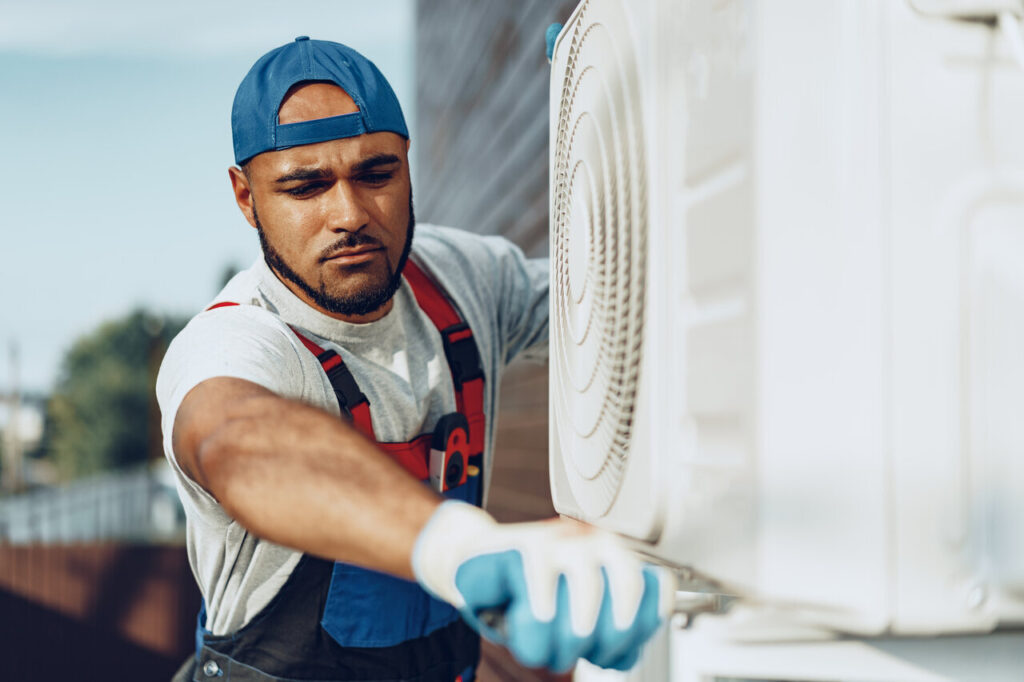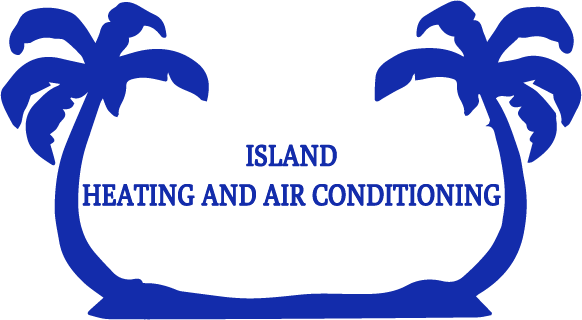Maintaining exceptional indoor air quality (IAQ) is paramount for ensuring the health and comfort of occupants within residential, light commercial, and rural properties. The air we breathe indoors can significantly impact our well-being, as it can potentially contain allergens, contaminants, and other pollutants. Our HVAC systems play a substantial role in determining the quality of the air circulating within our living spaces.
Poor indoor air quality can contribute to various symptoms and health concerns, including respiratory issues, headaches, and increased allergy or asthma symptoms. Prolonged exposure to poor indoor air can have severe consequences, leading to chronic health problems. In light of these dangers, it’s essential to focus on maintaining and improving the air quality within our living spaces.
A well-maintained and efficient HVAC system can help create a cleaner, healthier, and more comfortable environment for residents and visitors alike. Explore the connection between HVAC systems and indoor air quality, discover ways to improve IAQ in different property types, and learn how our expert technicians can assist you in ensuring a healthy indoor environment for your property.
Factors Influencing Indoor Air Quality
Several factors contribute to indoor air quality, including:
1. Humidity Levels
High humidity levels can promote mold growth and increase dust mite populations, leading to poor indoor air quality. Proper humidity control is crucial for maintaining a healthy environment.
2. Ventilation
Lack of ventilation can cause the buildup of pollutants, allergens, and contaminants within your property. Properly functioning ventilation systems can help dilute these harmful particles, improving air quality.
3. Airborne Particles
Particles such as dust, pollen, pet dander, and mold can contribute to poor indoor air quality. Regular cleaning and filtering methods can help reduce these irritants.
4. Off-gassing from Materials
Certain building materials and furnishings can release volatile organic compounds (VOCs) into the air. These compounds can impact air quality and contribute to respiratory problems and other health issues.
The Role of HVAC Systems in Improving Indoor Air Quality
HVAC systems play a critical role in maintaining indoor air quality by controlling temperature, humidity, and airflow. Here’s how your HVAC system can help:
1. Filtration
High-quality air filters in your HVAC system can effectively capture and remove pollutants from the air. Regular filter maintenance and replacement are essential for optimal filtration performance.
2. Humidity Control
HVAC systems can help maintain proper humidity levels by removing excess moisture from the air. This can help prevent mold growth and reduce allergens in the indoor environment.
3. Proper Ventilation
A well-functioning HVAC system ensures adequate ventilation, supplying fresh outdoor air and diluting indoor air pollutants.
Ways to Improve Indoor Air Quality
Now that you have a better understanding of the factors influencing indoor air quality and the role of HVAC systems, let’s discuss some practical measures you can take to maintain a healthy indoor environment:
1. Maintain Your HVAC System
Schedule regular maintenance visits from our expert technicians to ensure your HVAC system is functioning optimally. This will help maintain proper airflow, humidity levels, and improve filtration performance.
2. Upgrade to High-Quality Air Filters
Invest in high-quality air filters designed to capture smaller particles and allergens. Ensure they are compatible with your HVAC system and adhere to recommended replacement schedules.
3. Enhance Air Ventilation
Consider installing an energy-recovery ventilator (ERV) or a heat-recovery ventilator (HRV) to improve ventilation in your property. Both systems provide a continuous supply of fresh outdoor air while minimizing energy loss.
4. Monitor Humidity Levels
Maintain optimal humidity levels within your property to prevent mold growth and allergen proliferation. A well-functioning HVAC system can provide proper humidity control.
5. Cleaning and Maintenance
Proper housekeeping practices can significantly impact indoor air quality. Regular cleaning, dusting, and vacuuming can help reduce allergens, pollutants, and particulates within your living space.
6. Removal of Pollutant Sources
Identify and remove sources of pollution in your property, such as smoking, pets, and certain building materials that may emit VOCs.
Rely on Our Expert Technicians for Your HVAC and Indoor Air Quality Needs
Our skilled technicians have the knowledge and expertise to help you improve and maintain indoor air quality within your property. We offer comprehensive HVAC maintenance services and can recommend the best solutions tailored to your unique needs, ensuring a healthier living environment for your family or tenants.
Conclusion
Maintaining excellent indoor air quality is essential for creating a healthy and comfortable living space in residential, light commercial, and rural properties. By understanding the factors influencing indoor air quality and the role of HVAC systems, you can take practical measures to improve your property’s air quality, creating a healthier environment for those who live and work there.
As a reliable HVAC contractor in Atlantic Beach, FL, Island Heating and Air Conditioning is here to assist you in improving and maintaining a high-quality indoor atmosphere for your property. To get started on enhancing your indoor air quality, schedule a consultation with us today!







